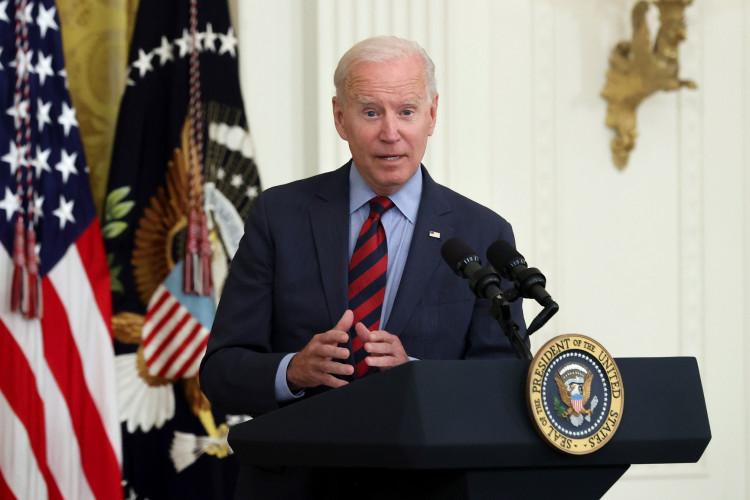U.S. President Joe Biden signed a $1.2 trillion spending package, bringing relief and marking a significant bipartisan effort in Congress. The funding bill, hailed as a compromise by the President, aims to address a broad spectrum of national priorities, including healthcare, border security, and international leadership.
"This agreement represents a compromise, which means neither side got everything it wanted," Biden stated, underscoring the balanced approach taken to navigate through the contentious political landscape. The package notably sidesteps the "extreme cuts" proposed by House Republicans, instead channeling funds towards vital areas such as child care, cancer research, and mental health services.
The President's signature on the bill came just after the Senate passed the legislation with a notable 74-24 vote, following the House's approval in a 286-134 bipartisan vote. The swift congressional action reflects the urgent need to maintain government operations, with the Office of Management and Budget halting shutdown preparations in anticipation of the bill's passage.
The legislation encompasses significant allocations for the Departments of Defense, Homeland Security, Health and Human Services, and others, ensuring continuity in critical government functions. Defense spending receives a modest increase, aligning with a previous agreement to limit federal expenditure, while nondefense funding remains relatively unchanged from the previous fiscal year.
Despite the absence of the drastic cuts sought by House Republicans in earlier proposals, the package represents a departure from the traditional tug-of-war over parity between defense and nondefense funding increases. Some areas, however, such as the Federal Trade Commission and the Cybersecurity and Infrastructure Security Agency, will see modest reductions in funding.
The signing of this comprehensive funding package marks the third time this month that Biden has acted to prevent a government shutdown, demonstrating the administration's commitment to ensuring government stability and continuity.
In his statement, Biden extended his gratitude to congressional leaders from both parties for their pivotal roles in navigating the bill through both chambers. He specifically thanked Senate Majority Leader Chuck Schumer, Minority Leader Mitch McConnell, and House Speaker Mike Johnson, among others, for their leadership and cooperation.
However, Biden was clear that while the passage of this funding package is a significant achievement, it does not mark the end of Congress's responsibilities. He emphasized the need for further legislative action, particularly in the areas of national security and border security, urging the House to pass the national security supplemental and Congress to finalize a bipartisan border security agreement.






